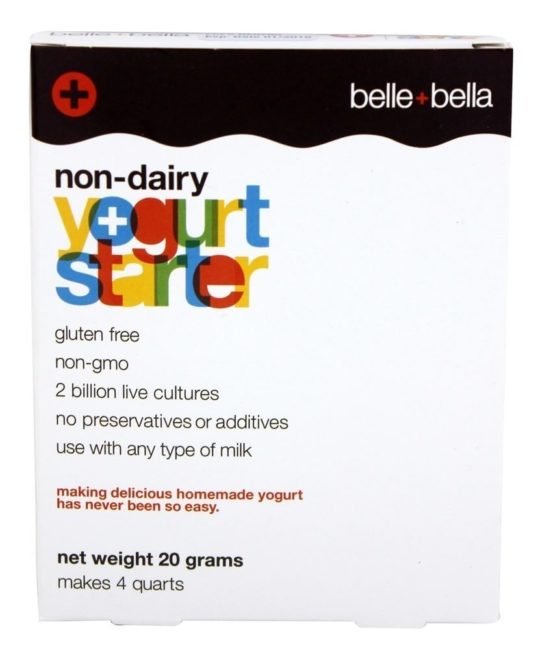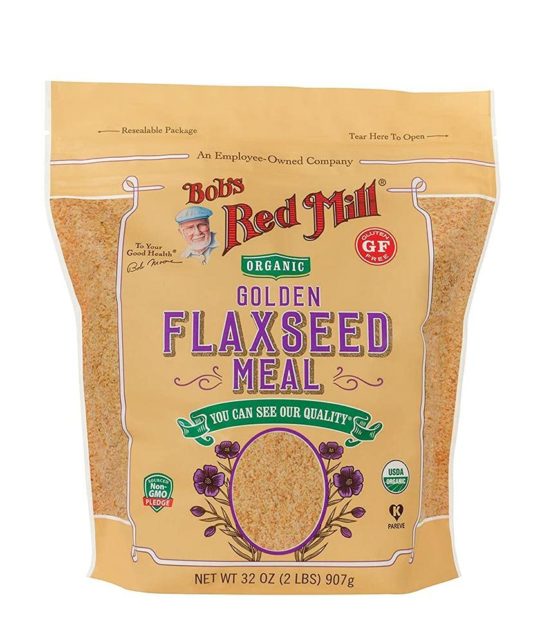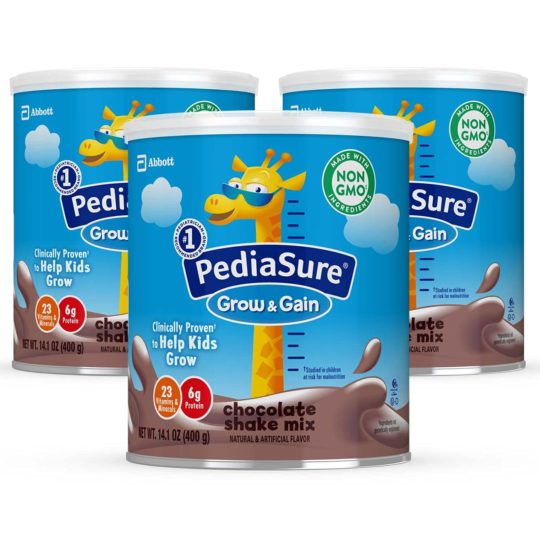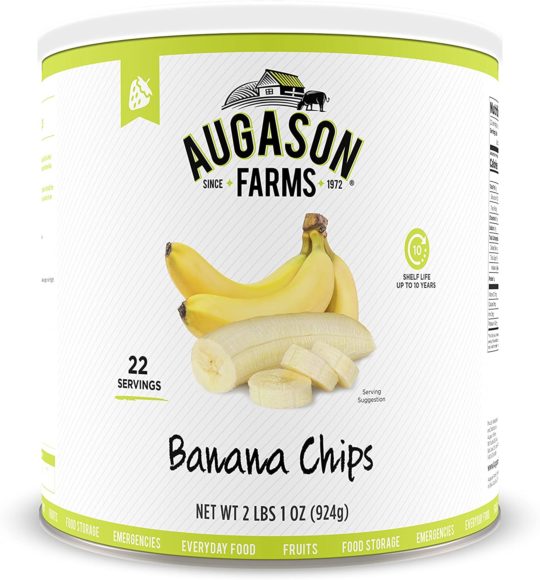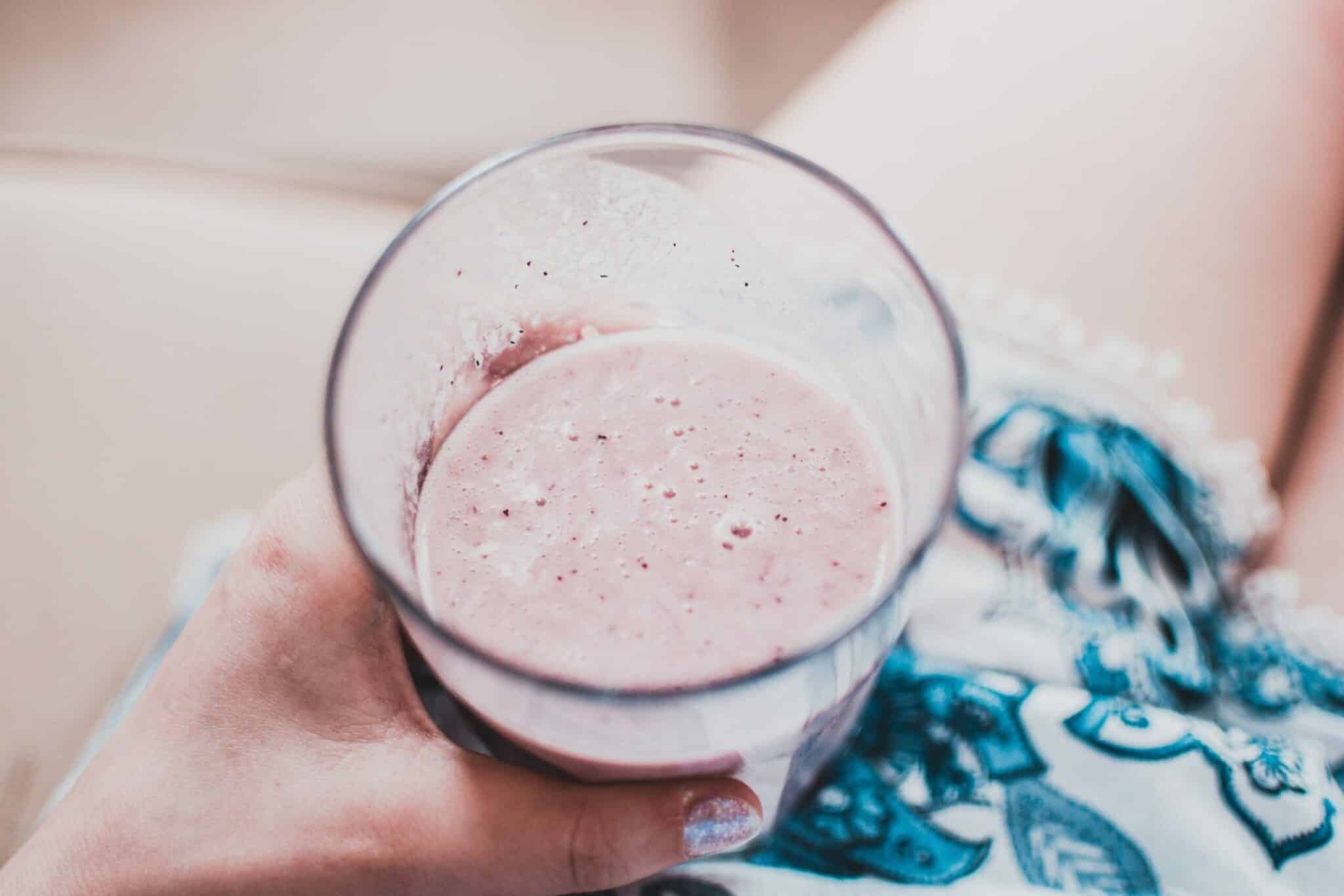Smoothies are fun! They’re delicious and creamy and, well, smooth to the palettes. Plus, they’re a quick way to grab breakfast or fill the body with the required amount of calories and nutrients. And recently, many have come to love yogurt-based smoothie recipes, renowned for their pro-healthy nature.
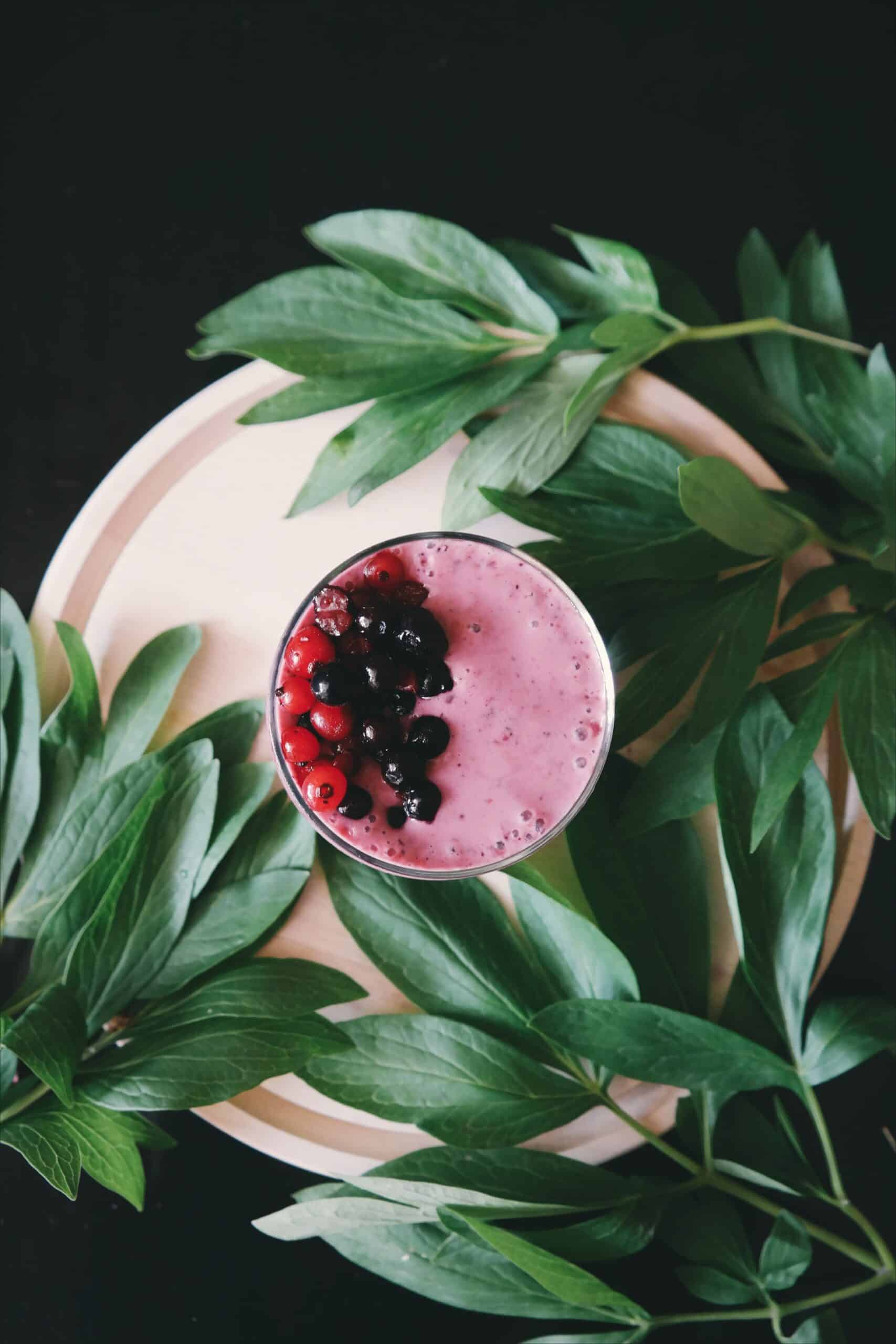
But in times when you have to do without it, you may miss the creaminess or worry you won’t get as much expected richness. In such times, these substitutes can come to the rescue. Each option caters to different requirements and preferences- paleo, keto, gluten-free, or lactose intolerance. And they’re a splendid way to add flexibility to your favorite blends of fruits, herbs, spices, and vegetables.
Why use yogurt in smoothies?
Before we go further, we should answer the numerous reasons why yogurts are used for smoothies. There was a time when most smoothie mixes were based on milk, and most people were okay with it. Then, the trend for yogurt as an alternative kicked off, and many jumped on this train. But why did such a shift become so popular?
Well, firstly, yogurt is richer and creamier than milk. And in its most natural form, it contains less sugar and calories. Plus, yogurt also has lots of probiotics which are great for improving gut health. And they’re also thicker, meaning you get more creaminess in your recipes.
You’ll also find that yogurt-based smoothies are higher in protein than milk-based types. They’re also packed with calcium and a tremendous amount of vitamin B12. You’ll also find yogurt smoothies more filling, making them a better option for those on weight loss programs. And with these options, you can have lighter breakfasts or snacks without the fear of extra calories in your diet.
Yogurt substitutes in smoothies
Various reasons may push you to consider looking for a substitute for yogurt in your smoothie recipes. You may be lactose-intolerant and need to omit such foods from your diet. You may also be vegan, making yogurt a no-go area in your recipes. Also, yogurt has a tangy flavor which is added to smoothie recipes it’s used. And you may also be curious about combining a different fluid base with fruits, vegetables, herbs, and spices.
That said, different alternatives for yogurt are possible in smoothies, and each comes with its distinct advantage. But you’ll have to keep in mind the intricacies surrounding using these options. This way, you’ll master the art of blending flavors for the perfect-tasting smoothies every time.
Non-dairy yogurt
If the problem lies in the lactose content of yogurt, you can always consider non-dairy yogurt substitutes. These types are mostly made from plant-based milk, especially almond or soy milk. As such, they also make a perfect replacement in vegan smoothies, as they’re void of animal-based ingredients. And they come with unique flavor variations, so you can toy with them to suit your preference.
Perhaps the best thing about non-dairy yogurt is it works just as well as traditional yogurt. And it doesn’t matter what type you use, as it will replace full-fat, non-fat, and even Greek yogurt in your smoothies. Plus, non-dairy yogurt is almost as rich so that you won’t compromise in terms of nutritional value.
Flaxseeds or flax meal
With flaxseeds, you’ll get a substitute packed with minerals and include a good dose of thickness to smoothies. Flaxseeds are renowned for creating a gelatinous mixture when combined with water, so they’ll give you a consistency similar to yogurt in smoothies. Plus, flaxseeds are rich in omega-3 fatty acids, a highly sought addition to many meals. You’ll also get a significant amount of fiber and antioxidants when you swap yogurt with flaxseeds. And you can choose between whole seeds or consider flax meal, which is pre-grounded and convenient for such recipes.
But note that flaxseeds quickly absorb moisture, so use little of it in your smoothies. Also, the seeds work best in recipes that depend on a base with thin consistency like juice or coconut water. You’ll also get a nutty flavor in the mixture, but this factor isn’t necessarily a disaster. Regardless, flaxseeds are perfect for vegan smoothies and work for lactose-intolerant people and those on keto diets.
Nutritional powders
Surprisingly, many don’t realize how helpful nutritional powders are at replacing yogurt. The main reason is that they mostly add them to yogurt-based smoothies and assume both ingredients must go hand-in-hand. Others also believe you have to be a bodybuilder to use nutritional powders and conclude that this term refers specifically to its protein varieties.
But nutritional powders aren’t just protein-based but also include options rich in fiber, minerals, and even vitamins. They also work great as a standalone thickening agent in smoothies, making them a splendid replacement for yogurt in such situations. Once they’re mixed with the right amount of water, you can add them to any smoothie you make and create a yogurt-free recipe that’s just as rich.
Mixed nut butter
Peanut, almond, and cashew butter are renowned for their thickness and are also a regular addition to smoothies. But many don’t realize they can also thick smoothies without yogurt, making them an exciting substitute. Nut butter is also rich in protein, potassium, and healthy fat to avoid losing in that aspect. And they’ll contribute a delicious flavor to your smoothies, even when a tiny amount is added.
When choosing nut butter to replace yogurt, you’ll want to keep the recipe as healthy as possible. So, only consider products that are purely organic and free of preservatives. It would help if you also avoided nut butter with added sugars, which will spike your calorie levels to the roof. And only use this option if you aren’t allergic to any nuts.
Bananas
Fruits have played an essential role in smoothies for decades, and bananas are famous. And it’s with good reason; bananas are potassium-rich and carry significant doses of vitamins as well. Plus, when pureed, they offer a creamy texture that thickens smoothies almost as well as yogurt. And if you want an even better texture, you can use frozen bananas instead.
Bananas are also delicious, and their flavor blends perfectly with lots of other fruits. As such, you can use them along with strawberries, mangoes, apples, pears, and many other tasty options. They’re also perfect for all health and dietary requirements, including paleo, keto, gluten-free and lactose-intolerant people.
Frequently asked questions (FAQs)
Can I use milk instead of yogurt in smoothies?
If you’re not fussy or reactive to regular milk, you can substitute it for yogurt in smoothies. And you can pick any option you like, depending on your preference. For a low-fat recipe, skim milk or any other type with a low-fat percentage. And if you don’t mind the extra sweetness, condensed and evaporated milk are also great alternatives.
How can I thicken a smoothie without yogurt?
If you plan on entirely omitting yogurt and not using a substitute, other ideas can be applied. Try freezing the fruits before blending them, or reduce the liquid content in the recipe. You can also use frozen liquid to reduce the fluidity or add some raw oats to the ingredients.
What makes a smoothie creamy?
Apart from yogurt, these substitutes above will add creaminess to your smoothie. But you can also consider avocadoes, milk ice cubes, or cottage cheese. If you’re on a non-dairy or vegan diet, try coconut meat or cream, unsweetened jam, silken tofu, chia seeds, or pureed vegetables. Seed butter will also work and behave the same way as nut butter. Or you can choose any healthy grains and grain products like quinoa and gluten-free flour. Also, psyllium husks are a great way to add creaminess and fiber to your smoothies without yogurt.
Conclusion
Yogurt is undoubtedly a fantastic way to create thick and creamy smoothies with every try. But it’s not a must that you should add it to your recipe. With any of these handy alternatives, you’ll make thick and tasty smoothies anytime. Plus, they’ll cater to different dietary preferences and offer flexibility to an already versatile process.
